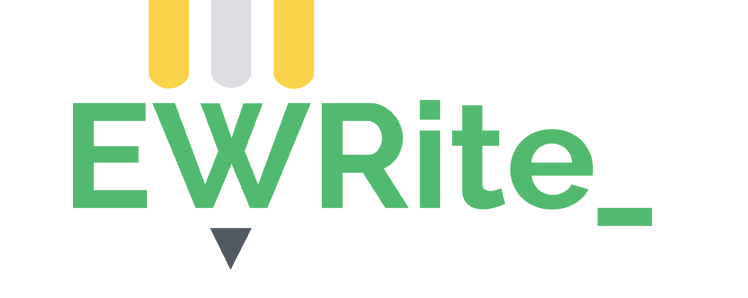7. Analytical language
Art analysis involves discussing the relationship of the elements of the artwork and other information and ideas. You show your interpretation of the art and justify the reasons for your views. These words and phrases are often used in analytical writing:
|
Analytical verbs: Show : represent, portray, depict, reveal, demonstrate, convey, illustrate, give an impression Imply : suggest, indicate Use : apply, employ Create : construct, build
Emphasize
: highlight, stress, focus
|
|
Analytical phrases:
This (x) illustrates…
This (x) is important because…
|
Your essay discusses important, significant and interesting aspects of the artwork and its context. The adjectives important and significant can be combined with these nouns in your discussions:
|
Adjective
|
Nouns commonly used with the adjective |
|
Important |
aspect, feature, element, factor, role, issue,
consideration, implication, tool, technique, development,
quality, stage, area, approach, decision
|
|
Significant |
impact, difference, effect, change, role, development, influence, result, factor |
The adjectives meaningful, key, main, and relevant could also be useful in your analysis.
About this website
EWRite is an open access online literacy platform for PolyU community that has two major objectives:
- to support PolyU students’ literacy development within and across the disciplines
- to support subject and language teachers to implement system-level measures for integrating literacy-sensitive pedagogies across the university
This platform provides access to generic genre guides representing typical university assignments as well as links to subjects offered by faculties with specific disciplinary genres and relevant support materials.
The materials can be retrieved by students by choosing the genres that interest them on the landing page. Each set of materials includes a genre guide, genre video, and a genre checklist. The genre guide and video are to summarize the genres in two different ways (i.e. textual and dynamic) to fit different learning styles. The genre checklist is for students to self-regulate their writing process. The genre guide and checklist include links to various ELC resources that can provide further explanation to language items (e.g. hedging and academic vocabulary).
The platform also acts as a one-stop-shop for writing resources for students, language teachers and subject leaders. Information about the English Writing Requirement policy can also be found on this platform. There are training materials for new colleagues joining the EWR Liaison Team.


